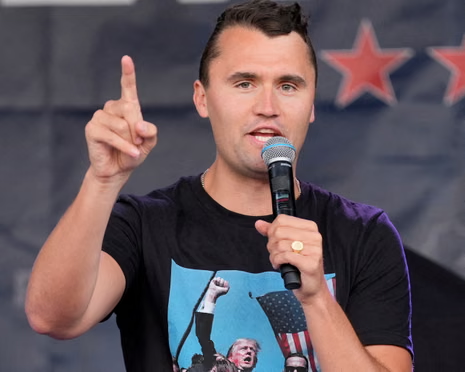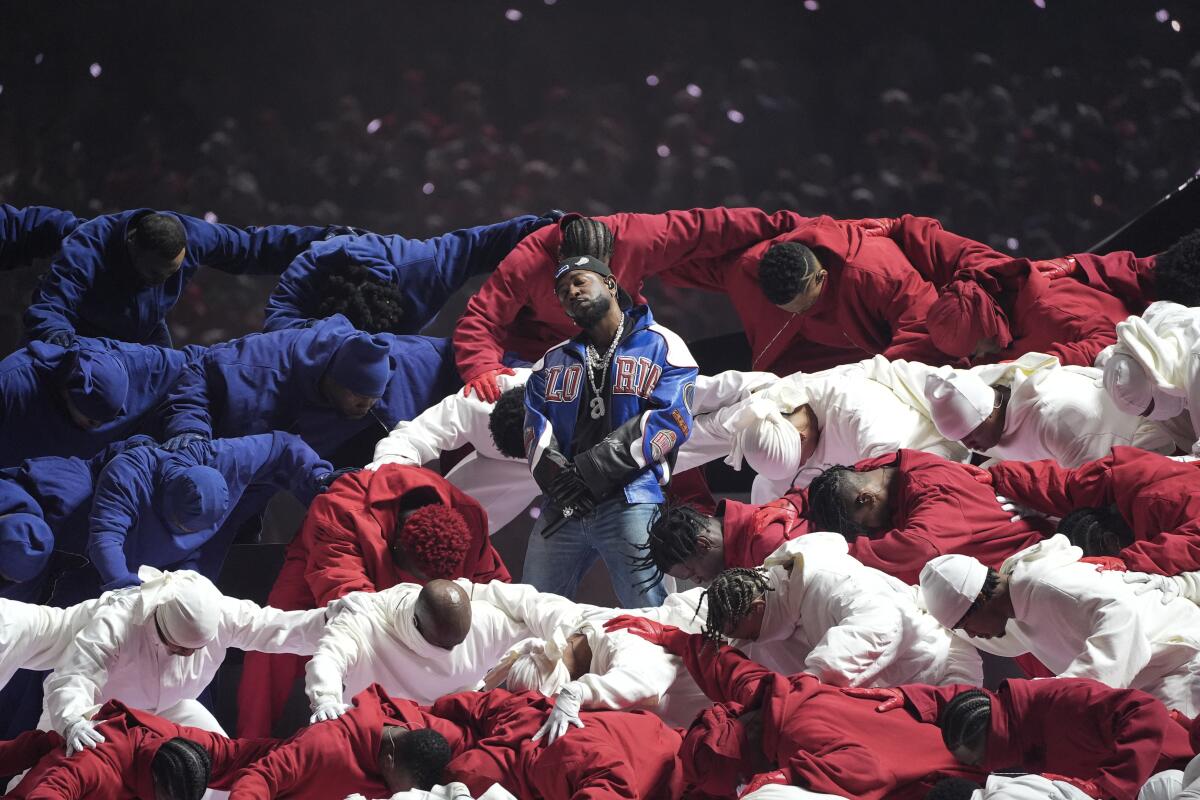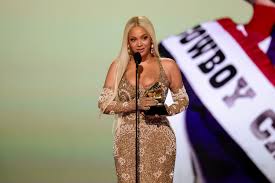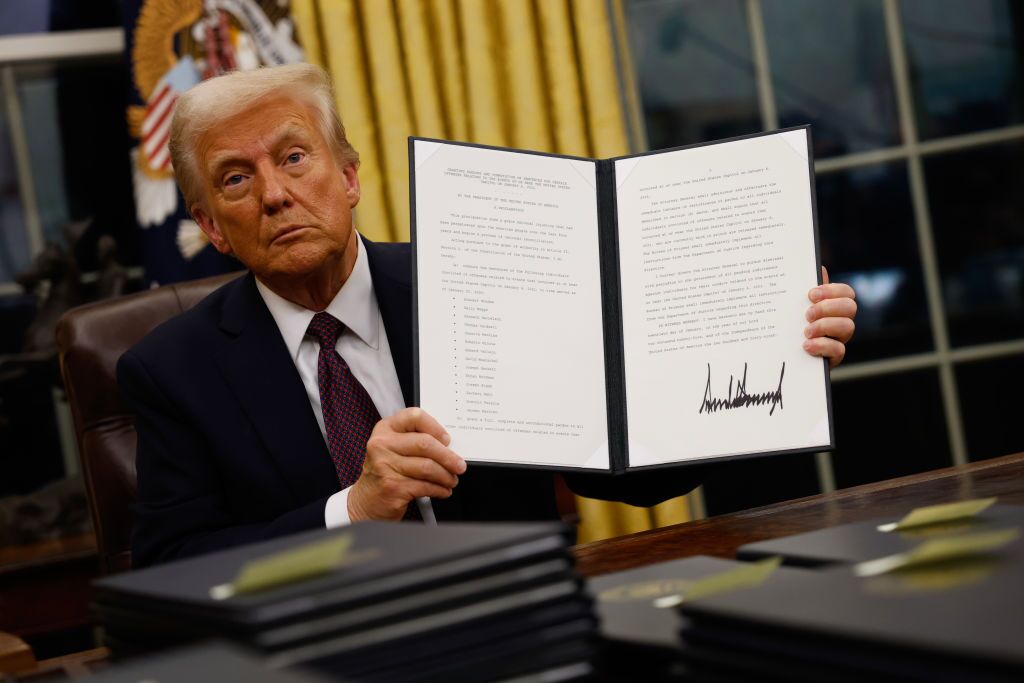LGBTQ people in Cuba recently celebrated a historic victory as the country voted in favor of legalizing same-sex marriage. The vote had the support of the majority of Cubans, with four million people voting in favor of it while half that number, or around two million voting against it (New York Times). On the Monday following the election, President Miguel Díaz-Canel tweeted, “Love is now the law…as of today we will be a better nation.”
While holding elections for officials is a common occurrence in Cuba, the country rarely holds referendums on laws as it did with this one (Washington Post). The total voting turnout was 74% of eligible voters, an unusually low number considering the Cuban government pressures its citizens to vote (Miami Herald), and Cuba’s entirely communist elections regularly result in a candidate winning by more than 90% (NPR). It is rare for an officially backed referendum to receive as much open criticism as this one did (Washington Post). Many Evangelical Cubans opposed the law. According to Yoel Serrano, an evangelical pastor, “ About 95% of Christians disapprove but it’s not just Christians…There are communists who are not in agreement, materialistic people not in agreement. A lot of people who believe in different things that don’t agree with the changes they want to make with the new family code” (CNN).
The fight for LGBTQ rights in Cuba has always been difficult, as people in the LGBTQ community in Cuba have consistently faced oppression. Under the government of Fidel Castro after the 1959 revolution, gay people, were labled as “ undesirables” and sent to labor camps. Such persecution led some gay people to enter into fake marriages to protect themselves. Despite Castro’s subsequent apology for his treatment of gay people, the Cuban government has not disclosed how many people were sent to the work camps. Despite the legalization of homosexuality in 1979, gay people were still discriminated against. In 2018, provisions to leaglize gay marriage were first propsed, but legislators abandoned them in fear of receiving disapproval which would hurt their image (CNN).
While LGBTQ rights in Cuba have had a difficult and horrific past, much progress has been made. For example, Mariela Castro, Fidel Castro’s niece, is currently the director of the National Center for Sex Education in Cuba as well as an active advocate for LGBTQ rights in Cuba. The day following the historic election, she tweeted, “Now love is law on the island of freedom…Long live the Cuban Revolution!” ( NYTimes).












